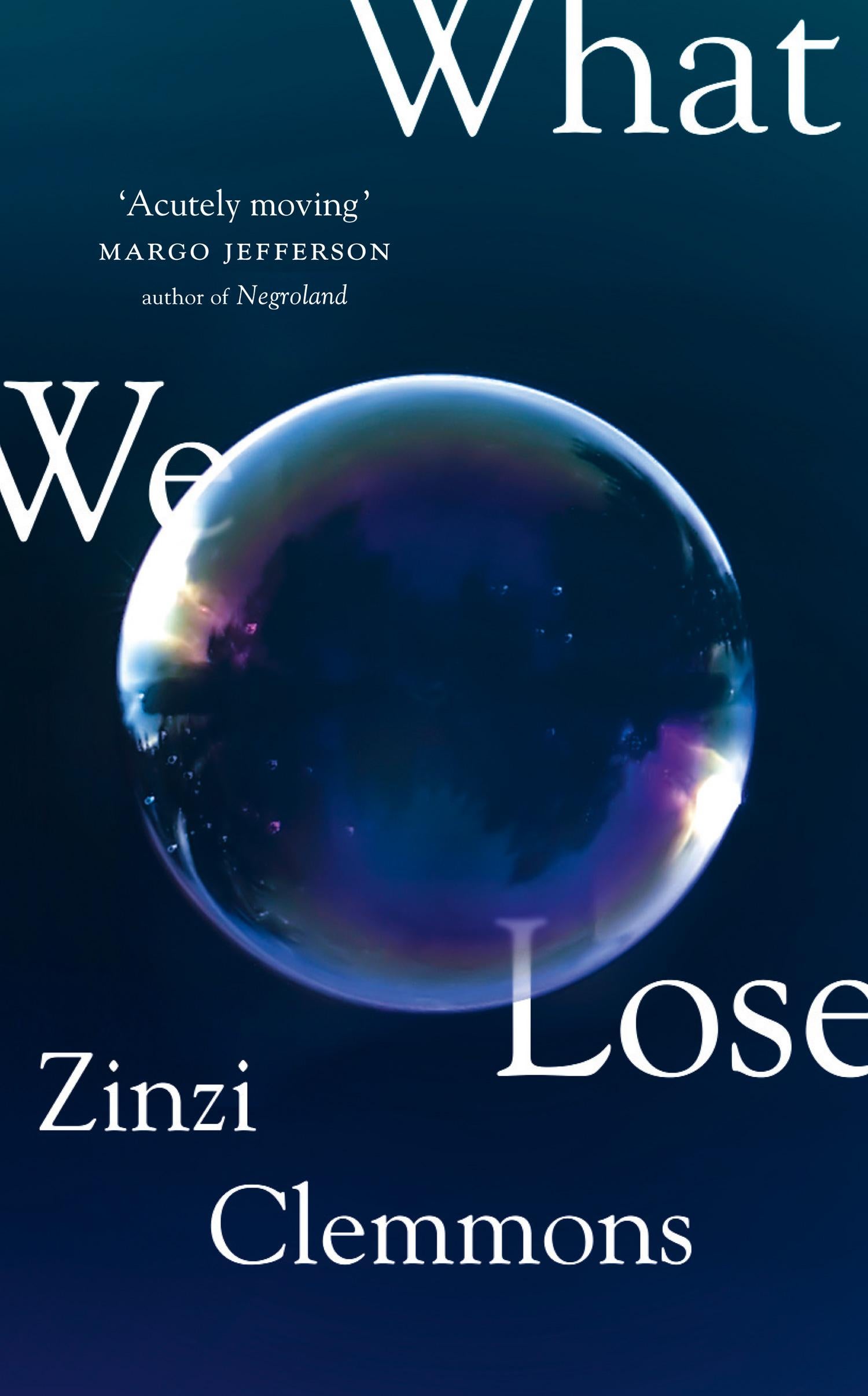What We Lose by Zinzi Clemmons, book review: a story about identity organised around the momentous loss of a parent

“What We Lose: A Support Guide” is the title of the pamphlet Thandi, the narrator of Zinzi Clemmons's luminescent debut novel, receives in the post a few days after her mother has passed away.
Sent by the hospice that looked after Thandi's mother at the end of her life, it provides a glossary of terms – grief, mourning, bereavement – as well as practical tips regarding diet, exercise, and what to avoid (alcohol, caffeine). Thandi lingers over the word “orphan” in the literature. She's not one, since her father is still alive. “But the condition isn't mathematical,” she thinks. “The loss is what creates the condition. It’s not the fact of one parent, but that the loss has occurred. It’s the wound, not the parts that are left untouched.”
Clemmons's novel, What We Lose, is more than just a portrait of this wound; it’s the lesion itself. Sometimes fierce and angry, other times quiet and tender, it’s a story about identity organised around this central, momentous loss – that of a parent – that expands and contracts, as with the beating of a heart, to encompass meditations on race, sex and love.
Thandi is a “strange in-betweener”. Her mother, who's a nurse, is mixed-race (“what is called colored in South Africa”, where she comes from), and her father, a mathematics professor and head of the college department where he works, is a “light-skinned black” American. Thandi grows up in Pennsylvania, spending summer holidays with family in South Africa, yet because of her “light skin and foreign roots”, she’s “never fully accepted by any race”. Her parents encourage her to feel “a strong solidarity with black people in Africa”, but in the affluent, middle-class American community in which she grows up, it’s mostly white kids who live on her block.
“I’ve often thought that being a light-skinned black woman is like being a well-dressed person who is also homeless,” she muses. “You may be able to pass in mainstream society ... But in reality you have nowhere to rest, nowhere to feel safe.” Shelter appears in the form of a romantic relationship, into which the recently bereaved Thandi hurls herself headfirst, from which she hurtles, in a strange mixture of zombie-like sleepwalking and wild desperation, into marriage and motherhood.
The frank candour of Thandi's voice gives What We Lose the intimate feeling of a memoir. It’s not, but it is that tricksy, ever increasingly popular half-sibling: autofiction. Written in short, lyrical chapters that initially have the feel of loosely connected vignettes – interspersed, collage-style, with photos, diagrams, blog posts, and Nineties rap lyrics – the shape of the larger narrative is first slow in appearing, as if shrouded by mist.
Rather than detracting from the novel's cohesion though, this only speaks to how conscientiously and persuasively Clemmons represents her protagonist's fractured subjectivity and sense of “rootlessness”. Intelligently and impressively conceived, and beautifully told, it's easy to see why What We Lose has already been included on so many of the best books of the year lists.
What We Lose by Zinzi Clemmons is published by Fourth Estate, £12.99
Subscribe to Independent Premium to bookmark this article
Want to bookmark your favourite articles and stories to read or reference later? Start your Independent Premium subscription today.

Join our commenting forum
Join thought-provoking conversations, follow other Independent readers and see their replies